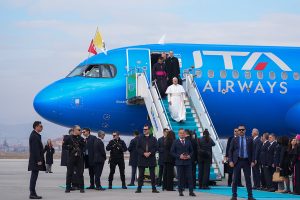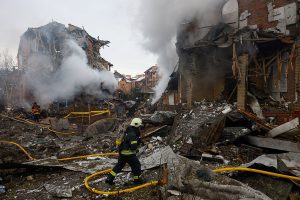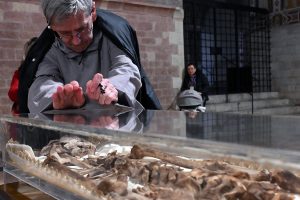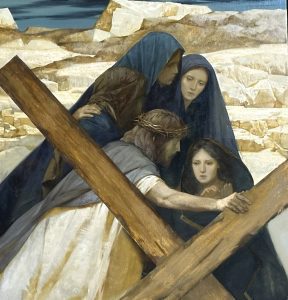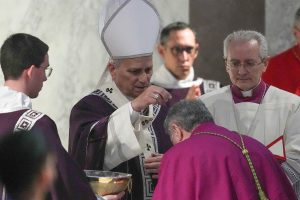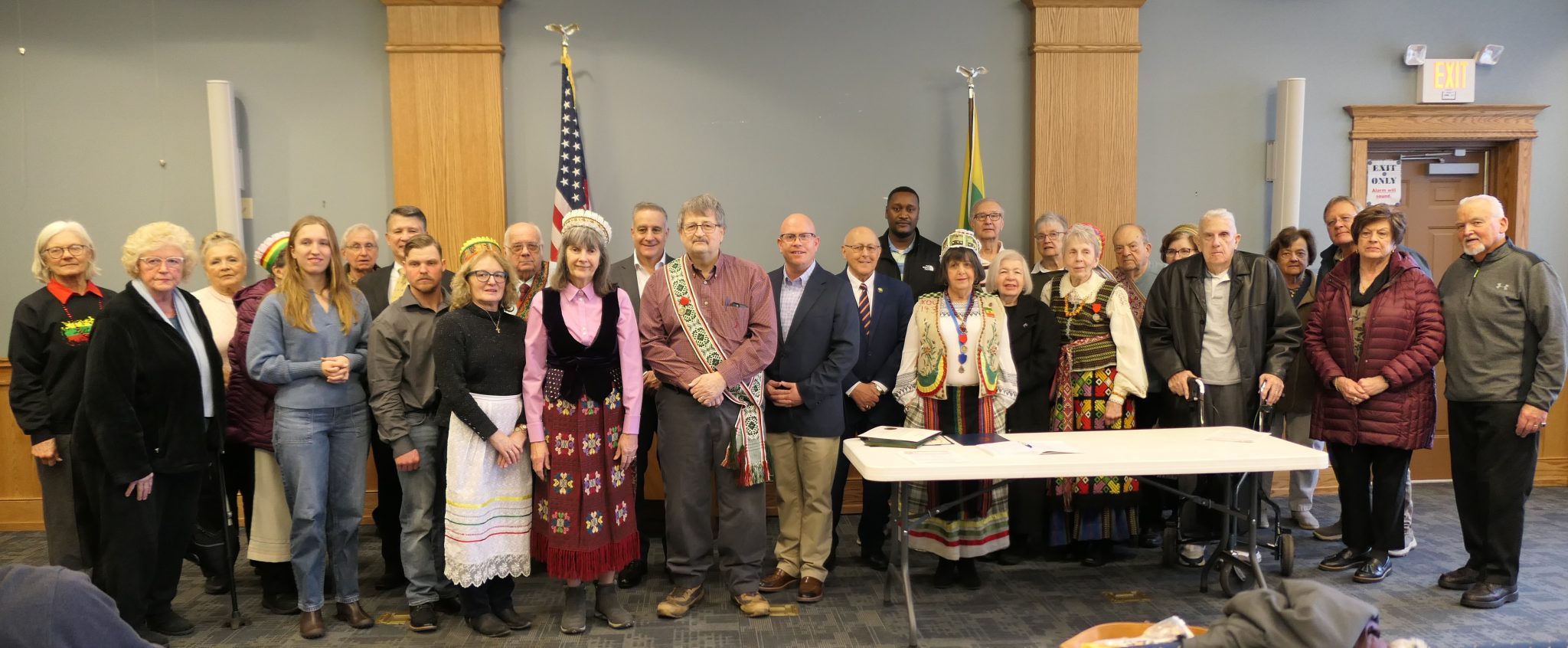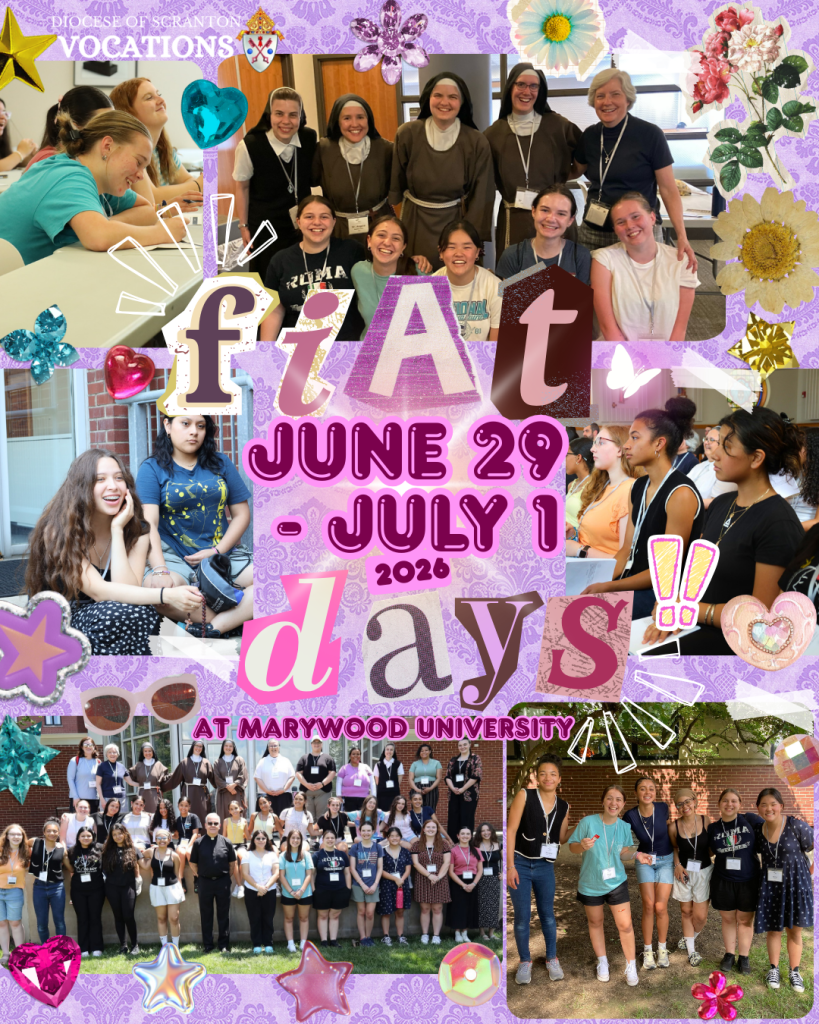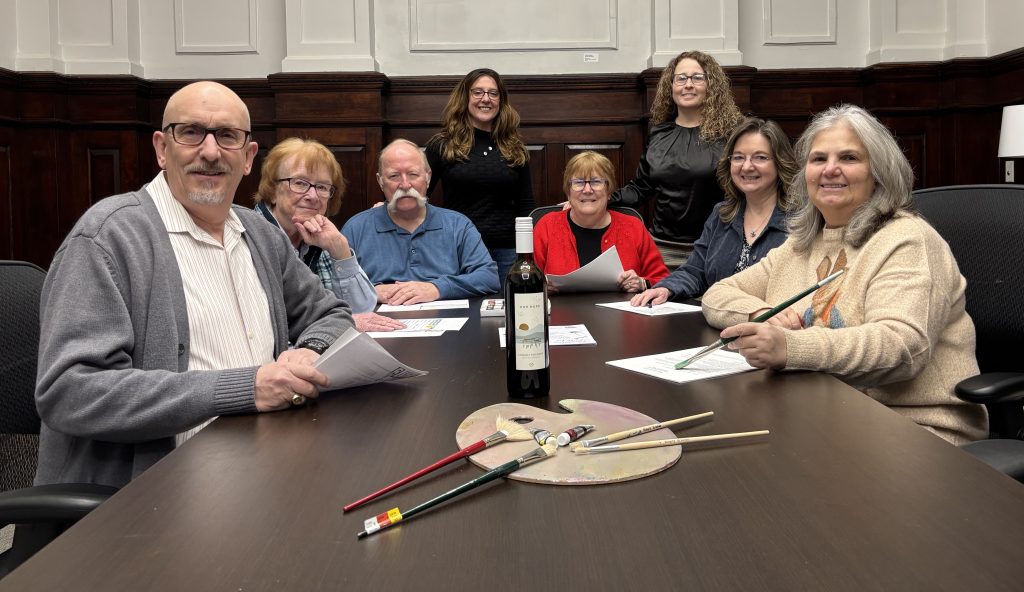ROME (OSV News) – Pope Leo XIV has pointed to Our Lady of Guadalupe as the model of “perfect inculturation” as Mexico prepares to mark the 500th anniversary of the apparition in 2031 with a jubilee year.
In a Feb. 24 message to the Theological-Pastoral Congress being held in Mexico City, the pope said Our Lady of Guadalupe “manifests God’s way of approaching his people.”
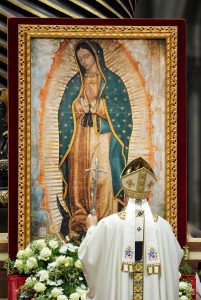
The congress, running Feb. 24-26, was organized to prepare for the 500th anniversary of the Marian apparitions to St. Juan Diego on Tepeyac Hill in Mexico City. It is promoted by the Pontifical Commission for Latin America, the Mexican Episcopal Conference, the Knights of Columbus and the Pontifical International Marian Academy.
“Our Lady of Guadalupe is a lesson in divine pedagogy on the inculturation of salvific truth,” Pope Leo said. “She does not canonize a culture or absolutize its categories, but neither does she ignore or despise them: they are assumed, purified, and transfigured to become a place of encounter with Christ.”
In December 1531, Our Lady of Guadalupe appeared four times to St. Juan Diego, an Indigenous Mexican convert to Christianity, on Tepeyac Hill. She asked that a church be built in her honor on the site and left her image miraculously imprinted on St. Juan Diego’s tilma, or cloak, which remains on display today at the Basilica of Our Lady of Guadalupe in Mexico City.
Scholars and theologians have long noted how the image on the tilma is rich with symbolism that was intelligible to the Nahuatl-speaking peoples of central Mexico from her turquoise mantle, associated with a queenly status in Aztec culture, to the black band around her waist, which was a sign of pregnancy in Indigenous tradition. The four-petaled flower, located on her garment over Our Lady’s womb, was an Aztec symbol for the center of the universe and the fullness of the divine.
The pope said the apparitions on Tepeyac Hill can be seen as “a permanent criterion for discerning the evangelizing mission of the Church, called to proclaim the True God for whom we live, without imposing him, but also without diluting the radical newness of his saving presence.”
Inculturation refers to the concept of making the Gospel incarnate in different cultures. The pope clarified that “inculturation does not equate to a sacralization of cultures or their adoption as a decisive interpretive framework for the Gospel message.”
“To legitimize everything that is culturally given or to justify practices, worldviews, or structures that contradict the Gospel and the dignity of the person would be to ignore that every culture — like every human reality — must be enlightened and transformed by the grace that flows from the Paschal mystery of Christ,” Pope Leo added.
He noted that Our Lady of Guadalupe exemplifies an inculturation that is “respectful in its starting point, intelligible in its language, and firm and delicate in its guidance toward the encounter with the full Truth, with the blessed Fruit of his womb.”
“Inculturation is, rather, a demanding and purifying process, through which the Gospel, while remaining intact in its truth, recognizes, discerns, and assumes the semina Verbi present in cultures, and at the same time purifies and elevates their authentic values, freeing them from what obscures or disfigures them,” the pope said.
Our Lady of Guadalupe is venerated as the patroness of the Americas. Pope Leo noted that “today, in many regions of the American continent and the world, the transmission of faith can no longer be taken for granted, particularly in large urban centers and pluralistic societies marked by visions of man and life that tend to relegate God to the private sphere or to dispense with Him altogether.”
Pope Leo, who is on his Lenten retreat this week, signed the message on Feb. 5, the feast of St. Philip of Jesus, the first canonized saint born in Mexico.
He pointed to the example of “many holy evangelizers and pastors” who can serve as examples and intercessors for the congress’ efforts, citing St. Toribio de Mogrovejo, St. Junípero Serra, Blessed Sebastián de Aparicio, St. Mamá Antula, St. José de Anchieta, Blessed Juan de Palafox, St. Pedro de San José de Betancur, St. Roque González, St. Mariana de Jesús and St. Francisco Solano.
“And may Our Lady of Guadalupe, Star of the New Evangelization, accompany and inspire every initiative leading up to the 500th anniversary of her apparition,” Pope Leo said.

